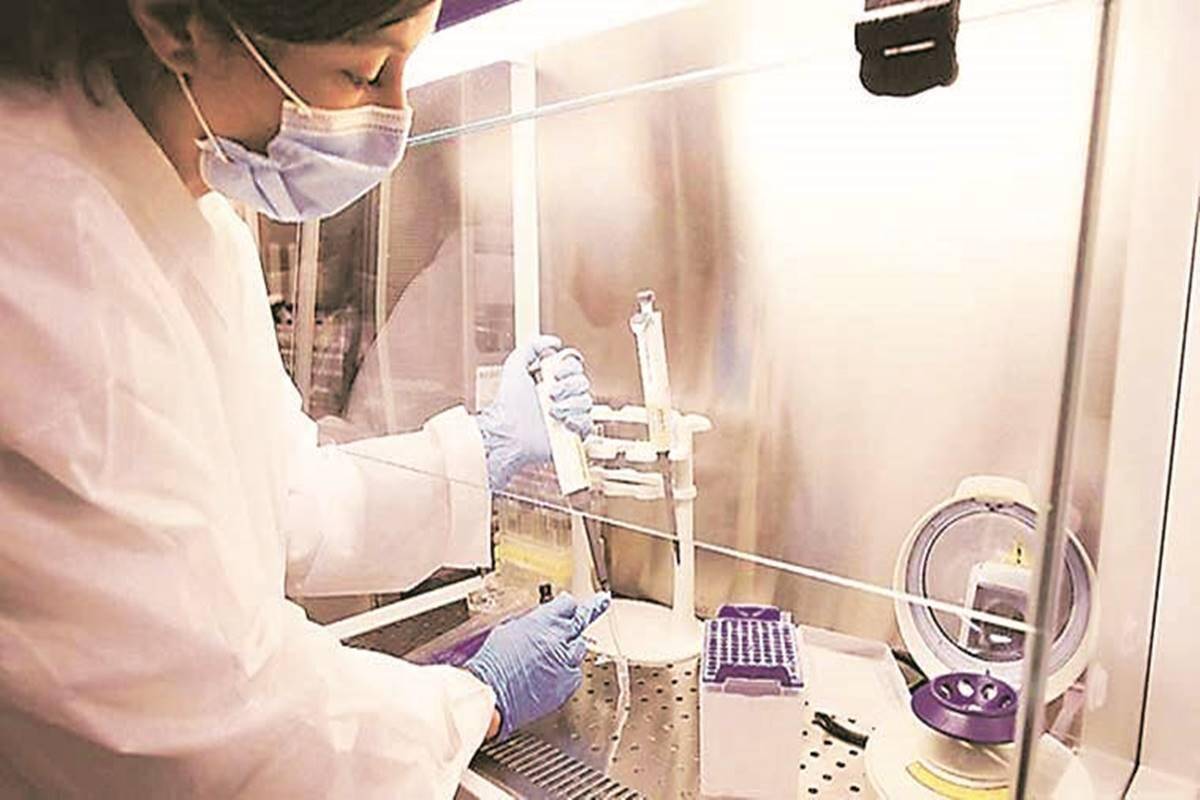Source – https://www.financialexpress.com/
Two important research breakthroughs—one in the US and the other in UK— leverage advanced artificial intelligence technologies to fight the pandemic
Clinicians, academicians and government entities around the world have leaned on new-age technologies such as artificial intelligence (AI), machine learning (ML) and data science, to track and fight the coronavirus pandemic. While AI has greatly facilitated exchanges of views and information between the scientific community, we take a look at two interesting research breakthroughs that have deployed this niche technology to fight the virus.
A team of scientists at the University of Liverpool, UK, has used AI to work out where the next novel coronavirus could emerge, BBC reports. The researchers used a combination of fundamental biology and machine learning. Their computer algorithm predicted many more potential hosts of new virus strains than have previously been detected.
The scientists say their findings could help to target the surveillance for new diseases – possibly helping prevent the next pandemic before its starts.
Using AI, another research team at the University of Southern California’s Viterbi School of Engineering developed a method to speed up the analysis of vaccines and zero in on the best potential preventive medical therapy. The method is easily adaptable to analyse potential mutations of the virus, ensuring the best possible vaccines are quickly identified —solutions that give humans a big advantage over the evolving contagion. Their machine-learning model can accomplish vaccine design cycles that once took months or years in a matter of seconds and minutes, the study says.
“This AI framework, applied to the specifics of this virus, can provide vaccine candidates within seconds and move them to clinical trials quickly to achieve preventive medical therapies without compromising safety,” said Paul Bogdan, associate professor of electrical and computer engineering at USC Viterbi and corresponding author of the study. “Moreover, this can be adapted to help us stay ahead of the coronavirus as it mutates around the world.”
The AI-assisted method predicted 26 potential vaccines that would work against the coronavirus. From those, the scientists identified the best 11 from which to construct a multi-epitope vaccine, which can attack the spike proteins that the coronavirus uses to bind and penetrate a host cell.
Moreover, the engineers can construct a new multi-epitope vaccine for a new virus in less than a minute and validate its quality within an hour. By contrast, current processes to control the virus require growing the pathogen in the lab, deactivating it and injecting the virus that caused a disease. The process is time-consuming and takes more than one year; meanwhile, the disease spreads.
USC’s AI-assisted method will be especially useful during this stage of the pandemic as the coronavirus begins to mutate in populations around the world. Some scientists are concerned that the mutations may minimise the effectiveness of vaccines which are now being distributed.
